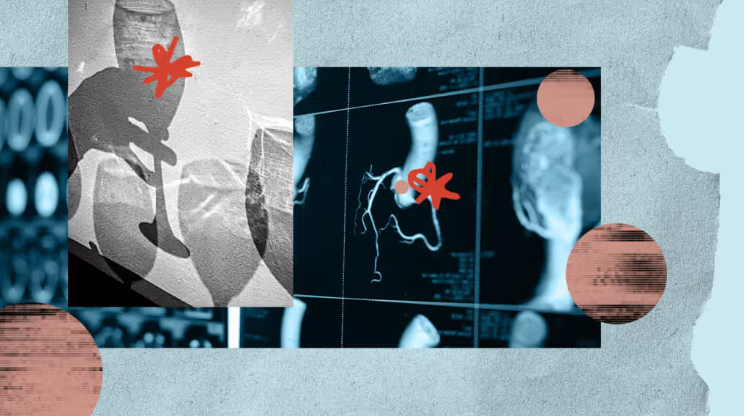- Two recent preliminary studies using rodents took a look at the effects alcohol has on the heart.
- One study researched how alcohol affects the heart in females with estrogen replacement, and the other study examined binge drinking.
- The first study revealed that alcohol may cause more heart problems in females taking an estrogen replacement.
- The second study showed that binge drinking causes heart arrhythmia and found a way to fight that.
While many people associate excessive alcohol consumption with liver problems, it can actually affect the body in many ways. One concerning way alcohol affects the body is by contributing to cardiovascular problemsTrusted Source.
Researchers are looking further into what happens to the heart when people drink alcohol, and the focus of two current studies was estrogen and binge drinking, respectively.
While each study had a different focus, they both showed the detrimental effects alcohol can have on heart health.
The researchers who conducted these studies have recently presented their findings at the American Heart Association’s Basic Cardiovascular Sciences Scientific Sessions 2024Trusted Source, held between July 22–25, 2024 in Chicago, IL.
Neither of these studies has undergone peer review yet, and the researchers’ findings are yet to be published in a scientific journal.
According to the National Institutes on Alcohol Abuse and Addiction (NIAAA)Trusted Source, 84.1% of people in the United States aged 18 and up reported consuming alcohol at some point in their lives.
The U.S. government’s Dietary Guidelines for AmericansTrusted Source recommends avoiding alcohol but says that for people who do drink, men should limit themselves to two alcoholic beverages per day, and women should limit themselves to one.
The guidelines define one drink as having 0.6 ounces of alcohol. With this in mind, the following would constitute one drink:
- a 12-ounce beer (5% alcohol)
- a 5-ounce glass of wine (12% alcohol)
- an 80-proof shot of 1.5 ounces of (40% alcohol).
The NIAAA also notes that nearly one out of four adults in the U.S. have reported binge drinking in the past month.
Drinking too much at once or too often can negatively impactTrusted Source the brain, heart, and liver. It can also lead to cancer and weaken the immune system.
The first study examined alcohol consumption in female rats with induced menopause versus female rats receiving an estrogen replacement. Syed Anees Ahmed, PhD, a researcher at East Carolina University in Greenville, NC, led this research.
Given that estrogen can help protect the heartTrusted Source, the researchers wanted to learn whether that benefit is still present when consuming alcohol.
When women go through menopause, estrogen levels drastically decrease, which doctors may treat using an estrogen replacement.
For this study, the scientists removed the ovaries from one group of rats to simulate menopause and gave a second group of menopausal rats an estrogen replacement. Next, they gave the rats alcohol and compared the results after an 8-week period.
The researchers measured the heart functioning of the rats with radiotelemetry, echocardiography, and molecular studies.
The rats that received estrogen showed the benefit of having reduced weight gain and fat mass. However, compared to the rat group that did not receive estrogen, the estrogen group experienced higher blood pressure and decreased cardiac functioning.
Additionally, the rats that received estrogen showed a reduction in heart ejection fraction, which can lead to heart failure. The estrogen rats also experienced issues with circadian clock proteins, which can also lead to heart problems.
While more research is needed, these findings show that women on estrogen placement may need to be careful with alcohol consumption.

Temp Mail Awesome! Its genuinely remarkable post, I have got much clear idea regarding from this post . Temp Mail
I share your level of enthusiasm for the work you’ve produced. The sketch you’ve displayed is refined, and the material you’ve authored is impressive. Nevertheless, you seem anxious about the prospect of heading in a direction that could cause unease. I agree that you’ll be able to address this concern in a timely manner.
Temp mail Awesome! Its genuinely remarkable post, I have got much clear idea regarding from this post . Temp mail
Temp mail I truly appreciate your technique of writing a blog. I added it to my bookmark site list and will